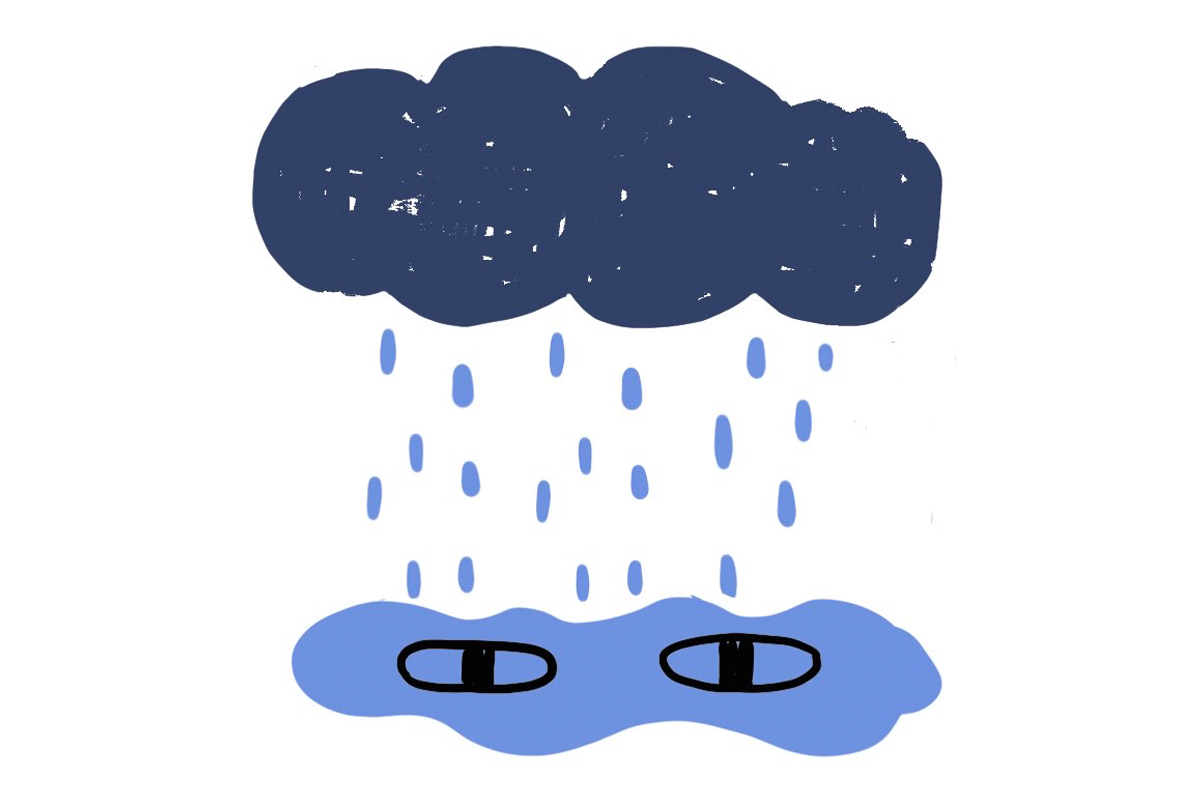
POLITICS / NOVEMBER 2024
A Poilievre Government Would Be Steps Back for the Climate
His environmental policy: lip service and denial
BY ARNO KOPECKY
ILLUSTRATION BY JAMIE BENNETT
Published 7:44, SEP. 18, 2024
For Canadians who appreciate the twin threats of climate change and collapsing ecosystems, few phrases may be more frightening than “Prime Minister Pierre Poilievre.” Poilievre has promised to lay waste to Justin Trudeau’s climate and energy policies. Canada will miss its Paris targets and increase its dependence on oil and gas just as the global energy transition shifts into high gear.
That’s not all. The carbon tax will go. The Oil Tanker Moratorium Act, which bans crude oil tankers from British Columbia’s north coast, will go. The emissions cap on oil sands producers will go. The federal EV mandate banning gas-powered passenger vehicle sales after 2035 will likely go. The Canadian Sustainable Jobs Act, which commits government to helping oil and gas workers through the energy transition, will go.
These are a few of the doomed policies at the heart of Canada’s 2030 Emissions Reduction Plan, Trudeau’s federal blueprint for reducing emissions 40 percent below 2005 levels by 2030, as per the Paris Agreement. His Liberals are already slightly behind on their plan: Environment and Climate Change Canada projects a 36 percent reduction by 2030 under current policies. Any hope of meeting the Paris target depends on ramping up, not cutting, existing programs.
Instead, a Poilievre government will accelerate oil and gas production and likely eviscerate the Emissions Reduction Plan. But he hasn’t said what he’d replace it with. Whenever he’s asked what his climate policy would be, Poilievre vaguely promises to “speed up” clean energy production. “My approach [to lowering emissions] is to greenlight green projects,” Poilievre said in April. “We need a massive abundance of clean, green emissions-free energy by giving fast permits, and responsible permits, for hydro dams, nuclear power, carbon capture and storage, offshore tidal wave power.” But Poilievre’s apparent embrace of renewable energy puts him on a revealing collision course with Alberta, whose conservative premier, Danielle Smith, has done everything she can to halt clean energy production. At a certain point, clean energy becomes a threat to fossil fuels. Renewable energy’s share of Alberta’s power production almost doubled between 2018 and 2022, from 10 to 17 percent, and is expected to rise to 30 percent by 2026. What will Poilievre do when confronted by similar math?
He may also not say much about specific environmental policies, but his parliamentary voting record speaks volumes. An investigation by DeSmog found that, as of May this year, Poilievre had voted against environmental protection 400 times, as opposed to only thirteen times in favour. He and his party view ecological protection as an assault on freedom and prosperity. Conservatives have cast Liberal efforts to reduce plastic pollution as “government controlling our lives”; they’ve lambasted the curtailment of logging to protect endangered caribou in Quebec as attacking the forest industry; and they’ve denounced measures to protect North Atlantic right whales as interfering with the “powerful paycheques” of the Atlantic lobster fishery. In British Columbia, where Poilievre has spent a lot of time campaigning, BC Conservative leader John Rustad now pledges to repeal the province’s “30 by 30” commitment to protect 30 percent of lands and waters by 2030. Poilievre would likely kill the federal version of that target.
Poilievre’s environmental policy, in all likelihood, will be a combination of lip service and denial. Consider his enthusiasm for carbon capture, which has yet to be proven at scale and is widely regarded by climate experts as a false promise aimed at justifying increased fossil fuel production (and, therefore, emissions). Perhaps the most poetic example of this is the massive carbon capture project proposed by the Pathways Alliance, a coalition of six companies that account for 95 percent of production in the oil sands. Pathways envisions a “carbon capture pipeline” that would collect the emissions of twenty oil sands facilities and store them underground. The price tag: a staggering $16.5 billion. A recent analysis by Deloitte concluded it would be cheaper for the companies to lower production. Instead, they’ve been aggressively lobbying the federal Liberals to increase the subsidies already on offer for carbon capture projects.
The Liberals have declined. But it’s not hard to imagine a warmer response coming from a Conservative government. Poilievre might even buy the thing outright just to prove his green credentials and keep the oil sands humming. That would give Poilievre and Trudeau one overpriced pipeline apiece.




